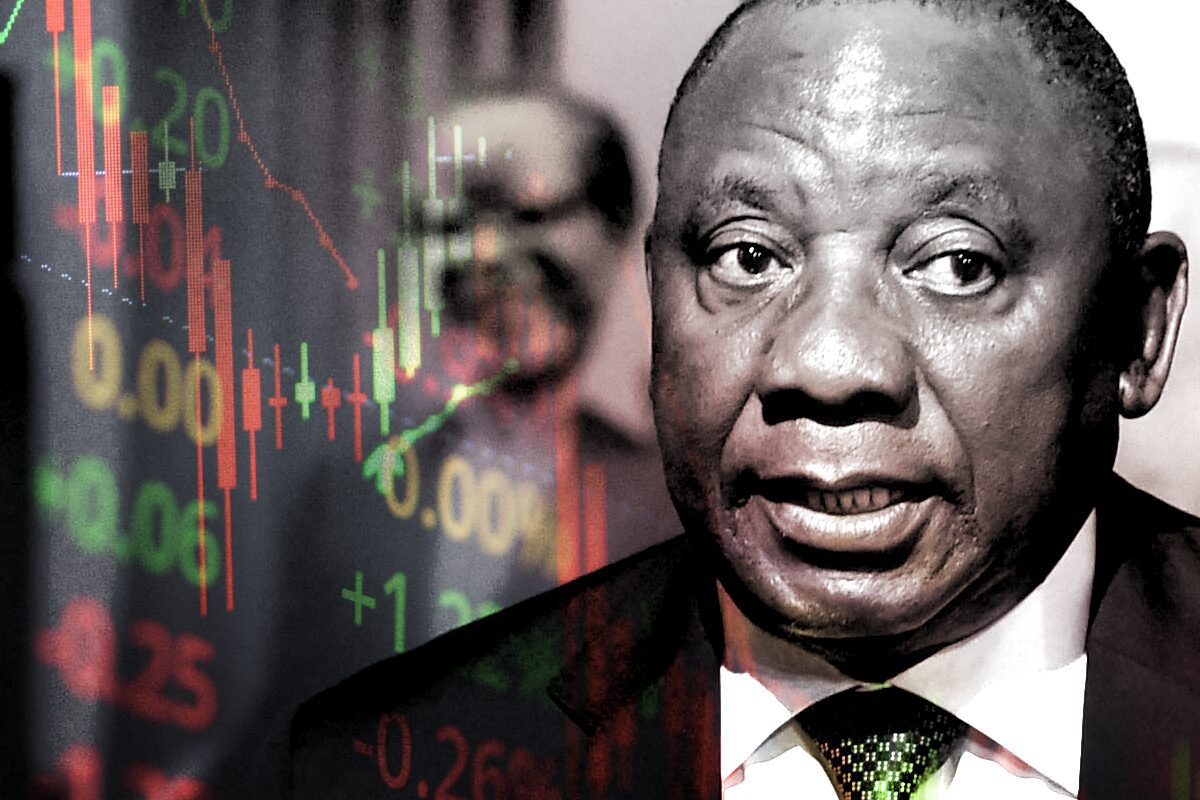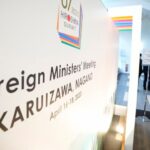Global Courant 2023-04-16 10:53:39
South Africa needs urgent action or is at risk of losing major domestic and foreign investment.
As reported by TimeLiveAnglo-American group CEO Duncan Wanblad said investors and corporate executives were irked by South Africa’s failing infrastructure – particularly the load shedding and Transnet’s problems.
Speaking to Business Day at South Africa’s fifth investment conference, Wanblad said the lack of initiative to solve these problems could force investors to look elsewhere.
“I’m talking about the people who invest in companies like Anglo American, they have choices… and they demand a certain return on their investment. To the extent that our way of operating is not competitive with the other ranges of options they have, that makes investment difficult,” Wanblad said.
While South Africa is not a basket case, international investment “became increasingly challenging as the country becomes less and less competitive”.
For Anglo American, billions of rands were lost to logistical problems, such as Kumba, whose iron ore did not make it to ports on time.
In addition, South Africa’s recent placement on the Gray List by the Financial Action Task Force means that the international community has lost confidence in South Africa’s ability to fight financial crime.
Despite the greylisting not directly affecting Anglo American, Wanblad said the group could suffer if South Africa’s investment ratings fell.
“Everyone is really concerned… and I think now is a good time to say, I think we’re on a cliff. Where do we go from here? Because, you know, there’s really two ways: it’s down, or we can flip it and move it up,” he said.
Trust Ramaphosa
President Cyril Ramaphosa was much more positive at the investment conference.
He acknowledged that South Africa’s major problems over the past year had worried investors; however, he said the country is still on a path to recovery.
“We are now facing the consequences of years of underinvestment, mismanagement and corruption in our power, rail and logistics sectors,” the president said.
“We are on a long journey to rebuild our country and regain lost ground. Our recovery is a mission that will take time to accomplish. We are on the road to recovery, we are not daunted by the challenges we face, we are confident that we will recover.”
The president tried to add more billions of rand in investment to his five-year plan to bring R1.2 trillion in investment to the country.
South Africa has taken R1.5 trillion in investment pledges since 2018, exceeding its initial target.
For the next five-year cycle, the president said the new investment target is an additional R2 trillion, despite the dire global economic environment.
The government’s own goals
Busi Mavuso, the CEO of Business Leadership South Africa (BLSA), said earlier that the government has done little to make South Africa attractive to investors.
“There were several blunders in the way the government communicated with the market,” says Mavuso.
For example, she said the National Treasury waiver given to Eskom, which allowed it to skip reporting on irregular, fruitless and wasteful spending, was a major blunder.
Betrothed minister Eoch withdrew the exemption shortly afterwards, citing that the move was made to protect the embattled energy company’s credit and auditing opinion, but the move was met with public outcry over fears it would encourage further corruption at the entity would enable.
“The way (the exemption) was communicated to the market (created the impression) that the exemption was intended to enable the withholding of information from rating agencies (and this) was a serious blunder. It damages the government’s reputation as a fair counterpart to investors,” Mavuso said.
She said another blunder was made by Electricity Minister Kgosientso Ramokgopa regarding his comments about re-prioritizing South Africa’s aging coal fleet – potentially diverting attention from the country’s shift to renewables.
“While it is quite true that the stations should be managed to improve performance, the minister was widely quoted as saying that their lives should be extended through more government investment, while more investment should be made in coal mines to produce more coal, Mavuso said.
“It would not be about making the stations run better, but about breaking with the plan of the National Electricity Crisis Commission (NECOM) based on the existing decommissioning schedule for Eskom plants.”
She said the minister’s comments could be misinterpreted by investors looking to pour billions into the country’s transition from coal.
Read: ANC-EFF coalition for South Africa worries investors








